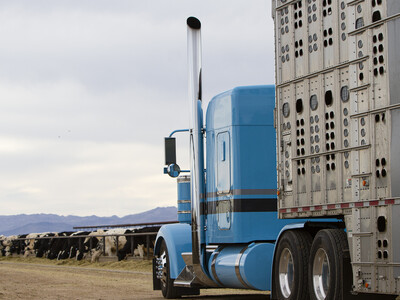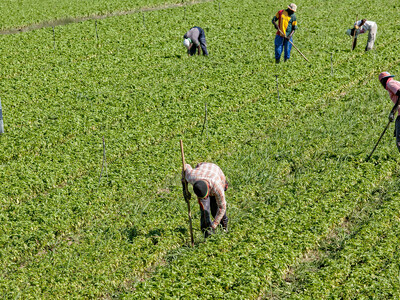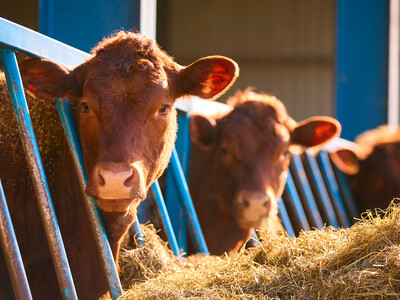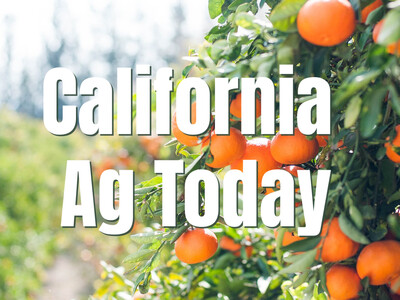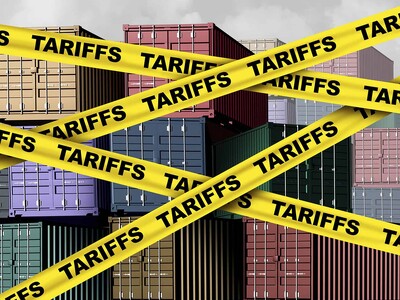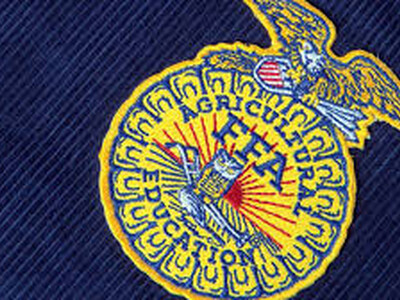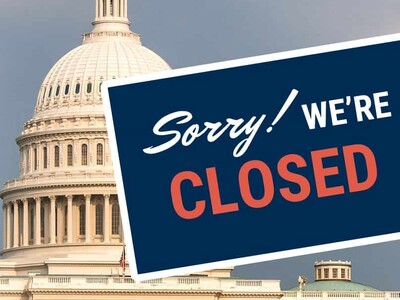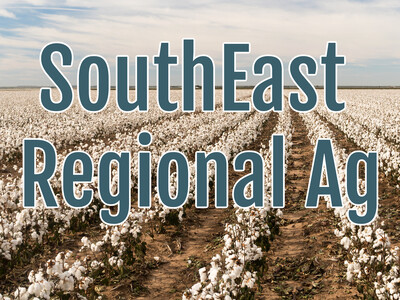Immigration and the Food Supply
Immigration and the Food Supply. I’m Greg Martin with today’s Line On Agriculture.
Immigration issues. We have been dealing with them for quite some time and while we all realize something needs to be done...getting there is a very slow and arduous process. But what kind of affect is our current immigration problem having on agriculture and our food supply. Ag Secretary Tom Vilsack tackled the topic of immigration during a visit with FFA state leaders.
VILSACK: Having problems with immigration in Georgia right now, serious problems because there just aren’t enough workers. First and foremost people in the United States have to understand how important immigration is to their food supply. People in Georgia now know it but the rest of the country does not.
Vilsack says that 99% of the population is clueless when it comes to immigration problems and the effect on food.
VILSACK: They don’t know that probably 50 to 75% of their food is probably touched by immigrant hands and they’re probably some of those folks that say, “you know what, we don’t want those people in our country. Get them out.” Well they say there are people looking for work and there are. Problem is this is really hard work.
And when out of work people realize these jobs entail 8 to 12 to 15 hours of bending and working in a hot sun, they just refuse the $10 to $12 an hour work. During his talk, Tom Vilsack called on members of the Future Farmers of America to take the lead on immigration reform.
VILSACK: If you don’t like higher food prices which is what you’d have to have and you don’t want to import more of your food because you like to be food secure, then you’d better be in favor of comprehensive immigration reform. You’d better be in favor of that and you’d better be in favor of rules that allow us to have sufficient numbers of workers come in on a regular basis and you’d better create some kind of mechanism for all those people who are here to come out of the shadows, play by the rules, pay their taxes, learn the language, pay a fine which is what we normally do when we do things that are against the law if you are driving too fast or something, you get stopped, you have to pay a fine , acknowledge your wrong-doing, get to the back of the line, become legitimate and now you’ve got a workforce.
Vilsack points out that America is known as the “Great Melting Pot” for a reason.
VILSACK: The story of every single person here - you have ancestors. They came from some place and in some cases they may not have come here voluntarily but in many cases they did and why did they do that? They came here because they thought there was opportunity here. A place that understood the capacity of diversity and the strength of diversity and the innovation and entrepreneurship that comes with diversity.
That’s today’s Line On Agriculture. I’m Greg Martin on the Ag Information Network.





